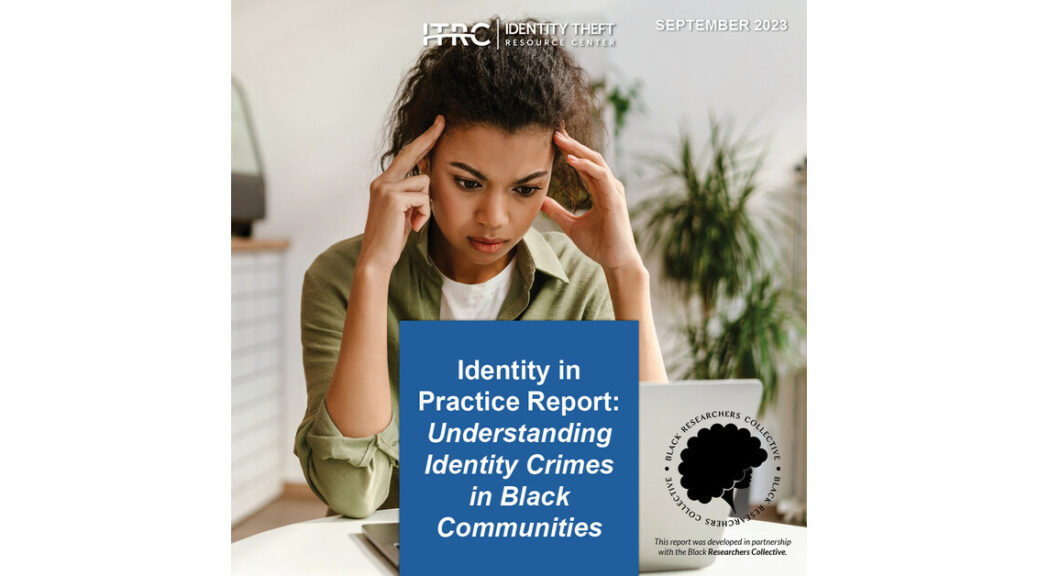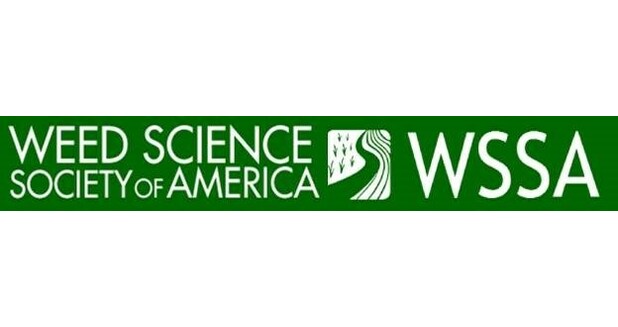Under California law, every employer shall pay to each employee, on the established payday for the period involved, not less than the applicable minimum wage for all hours worked in the payroll period, whether the remuneration is measured by time, piece, commission, or otherwise. Hours worked is defined in the applicable Wage Order as “the time during which an employee is subject to the control of an employer and includes all the time the employee is suffered or permitted to work, whether or not required to do so.” Matrix Providers allegedly required its employees to perform work before and after their scheduled shifts, as well as during their off-duty meal breaks. The lawsuit alleges Matrix Providers failed to compensate its employees for any of the time spent under the employer’s control while working off-the-clock. As such, Matrix Providers allegedly failed to pay its employees the applicable minimum wage for all hours worked in a payroll period.
If you would like to know more about the Matrix Providers lawsuit, please contact Attorney Jackland Hom today by calling (619) 255-9047.
Zakay Law Group, APLC and JCL Law Firm, APC are labor and employment law firms with offices located in California that dedicate their practices to fighting for employees who have been wronged by their employers due to unfair employment practices. Contact one of their attorneys today if you need help with workplace issues regarding wage and hour, wrongful termination, retaliation, discrimination, and harassment.
-THIS IS AN ATTORNEY ADVERTISEMENT (Rules Prof. Conduct, rule 7.2)-
Media Contact
Jackland Hom, Zakay Law Group, APLC, (619) 255-9047, [email protected], https://zakaylaw.com/
SOURCE Zakay Law Group, APLC
















